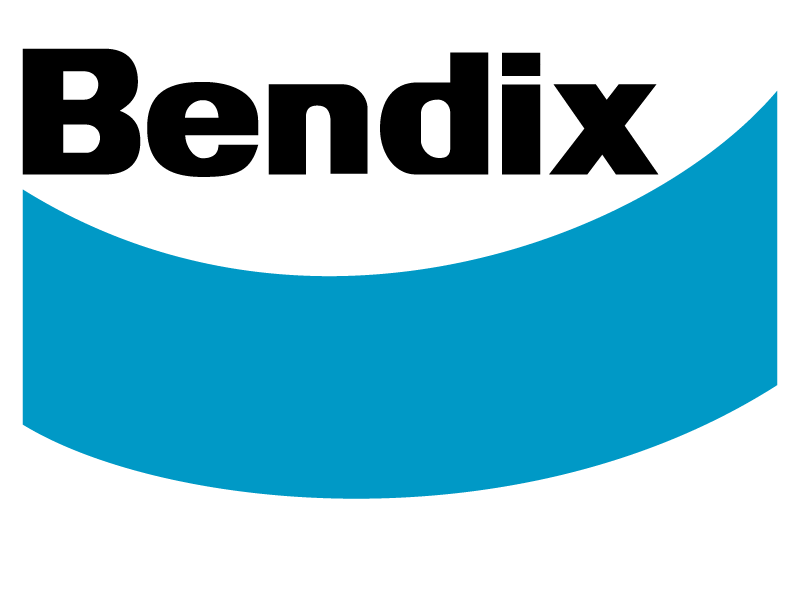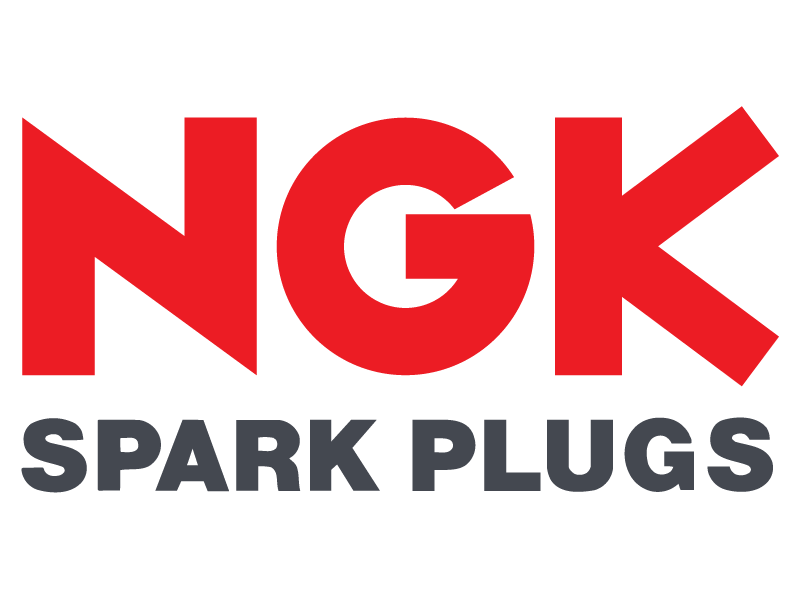3 suggestions for a traveller’s 10-minute pre-trip checklist:
Check all fluids – There are several fluids that require attention: Engine Oil, power steering, brake and transmission fluids, and windshield washer fluid and radiator coolant.
Check all hoses and belts – A belt failure can affect the electrical system, air conditioning, power steering, and the cooling system. Cooling system hoses may be deteriorating from within, so old hoses and clamps in marginal condition might need to be replaced.
Check the tires – Check tire inflation and inspect the tread for uneven wear, indicating the need for wheel alignment. Also look for bulges and bald spots.


Follow these tips below to maximize fuel efficiency of your vehicle:
Petrol caps – about 17% of the vehicles on the roads have petrol caps that are either damaged, loose or missing altogether, causing millions of litres of fuel to vaporize every year.
Under inflated tires – when tires aren’t inflated properly it’s like driving with a parking brake on.
Worn spark plugs – A vehicle can have either 4, 6 or 8 spark plugs, which fire as many as 3 million times every 1,500 kms, resulting in electrical and chemical erosion from heat.
Dirty Air filters – A clogged air filter creates a “rich” mixture – the proportion of petrol to air is incorrect. This wastes fuel and causes your engine to lose power. Replacing a clogged air filter can improve economy by as much as 10%.
Don’t drive aggressively – Aggressive acceleration can lower economy by as much as 33% on highways and 5% on city streets.
Drive the speed limit – Litres / 100km increases rapidly at speeds above 100kph as does accident risk. Increase fuel efficiency by using cruise control.
Make sure to contact us and get regular servicing
Book in Today
Our Brands
Here are the brands we trust and use














Finance Options
Available
We offer the following payment options




